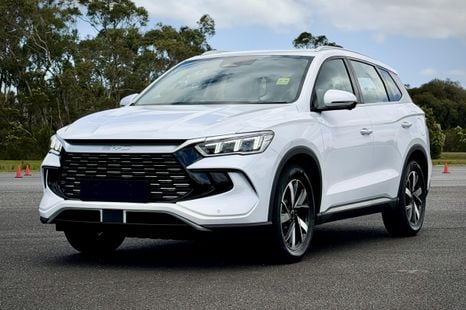

Ben Zachariah
2026 BYD Sealion 5 Essential review
3 Hours Ago

Senior Contributor
BMW Australia has no current public plans to switch to a fixed-price ‘agency’ sales model, unlike nemesis Mercedes-Benz. The Munich company involves itself with its network of franchise dealers in a different way.
As we reported last week, Mercedes-Benz is switching over from 2022 to a business model whereby it retains control of vehicle stock, and sets the pricing. Dealer ‘partners’ no longer buy their stock and handle price negotiations, but instead act as delivery agents operating on per-sale payments.
BMW has no publicised plan to follow suit, but it does still have a factory stake in its network: it owns and operates a large dealership in Sydney’s ritzy Rushcutter’s Bay, which re-opened last year, cost a claimed $65 million to create, and competes with franchise dealers in the city.
Despite growing demand for online retail channels including one launched by BMW itself, the brand is convinced that physical sites remain essential touchpoints for sales as well as obligatory vehicle servicing.
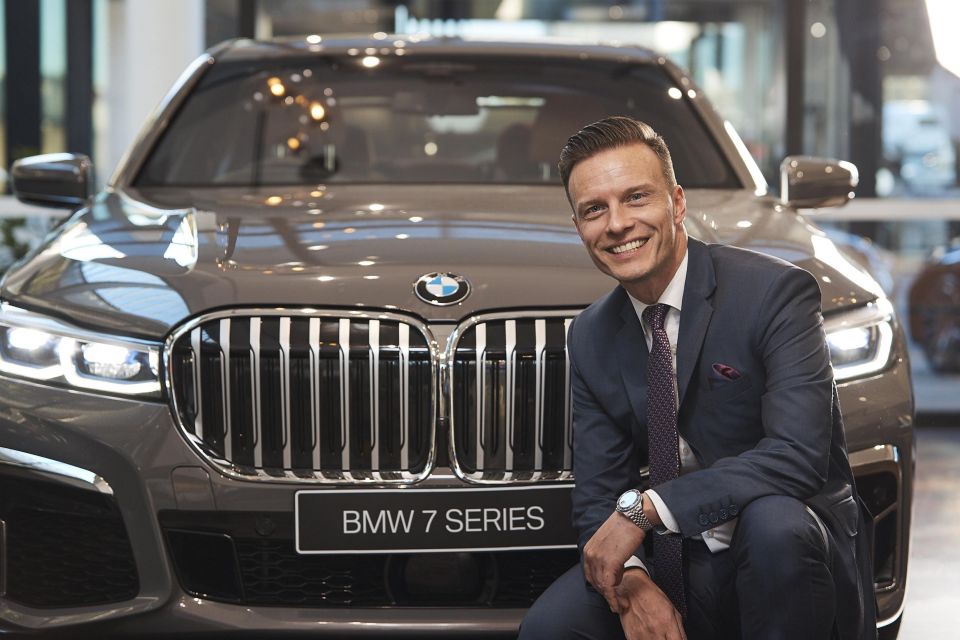
BMW Australia’s CEO Vikram Pawah even called the site a “destination dealership”, saying “we are in an excellent position to play a key role in shaping the transformation of the automotive industry and enhance our position in the market”.
Clearly this translates to the BMW Sydney “flag bearer” (as a company staff member called it) serving as a template for how the company wants the rest of its dealers to engage.
Let’s look at some stats on BMW Sydney. It was designed by SJB Architects, and has a staffed cafe, a “luxury” lounge, valet parking, separate sections for the BMW i, BMW M, and Mini brands, 46 service hoists capable of doing 90-minute services, and 13 electric car charging stations.
The dealer principal is Rene Gerhard, a BMW veteran of nearly two decades who has previously served in senior roles in India, the UK and Germany.
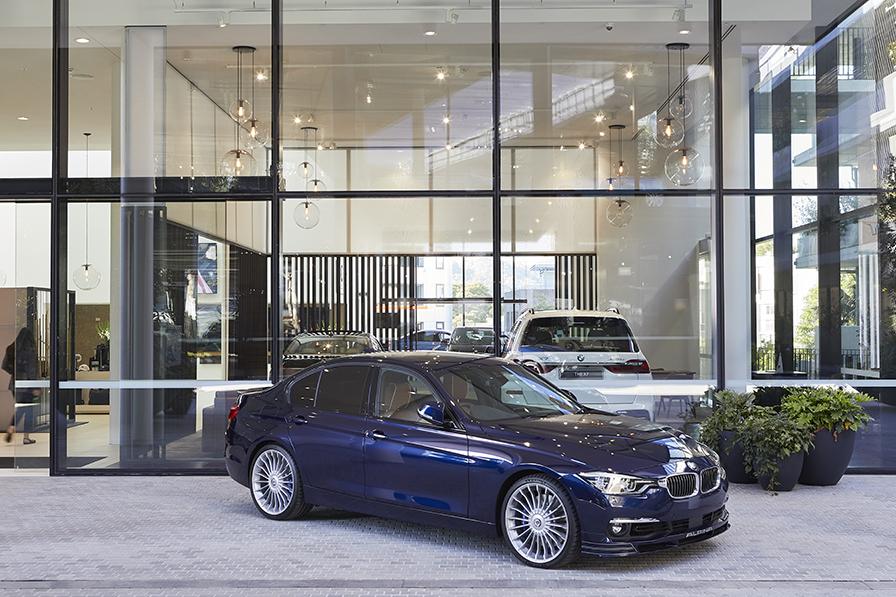
We recently spoke with him as part of our running series of industry interviews, firstly about his thoughts on digital retail and luxury brands’ unique requirements.
“I think the customer is looking for something where we seamlessly blend online and offline worlds,” Gerhard told us.
“I’m not sure if this is an expectation only for luxury customers… [but] the dealers and auto industry have to adapt, the customers will ask for both. It’s not only online, an offline sales touchpoint will remain, because it’s part of the entire premium experience.”
“… We have to understand what the customer needs and expects, not just in terms of design and performance.”
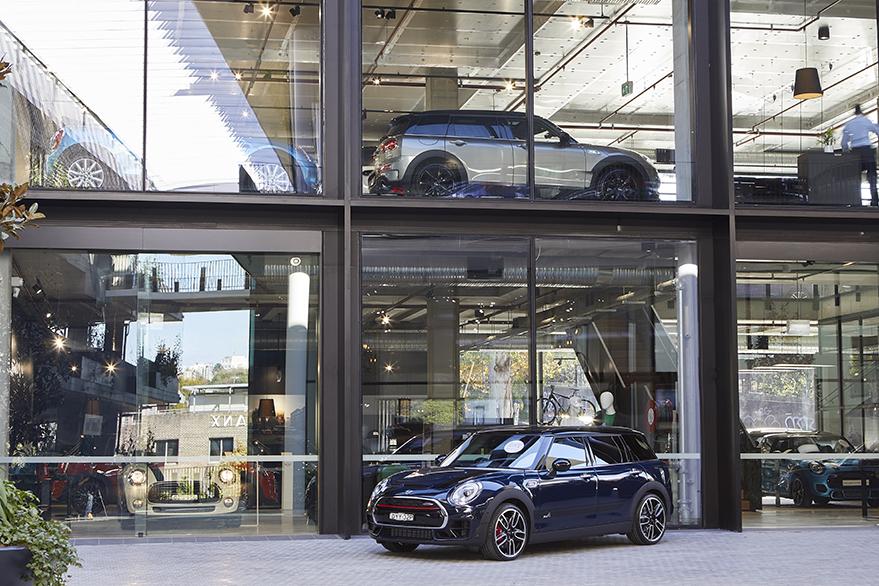
Part of the context to our conversation was the significantly stronger market position being enjoyed by luxury brands than ‘mainstream’ brands during a rocky, COVID-riddled 2020, as discussed in more detail here.
New car sales declined 20 per cent to the end of June this year over the equivalent period in 2019, but few of the big luxury players experienced sales declines anywhere near this magnitude, and BMW actually reported a sales uptick of 1.6 per cent, equal to 12,580 sales and 13th position on the charts.
“During COVID-19 I guess the need for agility was brought to the fore,” Gerhard said, but added that aside from a brief dip in March he hadn’t noticed people “holding back their discretionary spend” much, and perhaps unexpectedly said sales and engagement remained high both offline and online.
The other point we wanted to raise was product diversity. Like Mercedes-Benz , BMW has a mammoth of products from the 1 Series to 8 Series passenger cars, and X1 through X7 SUVs. Surely, we asked Gerhard, this must be a bit of a nightmare?
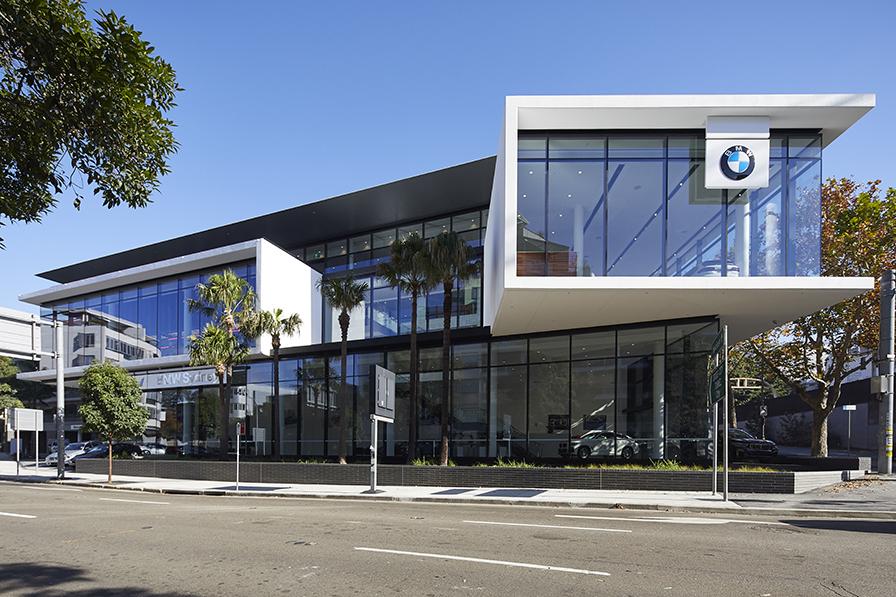
“It’s the other way around… we have an extensive range that we are proud to showcase,” he claims.
“It’s important that you have a model based on customer needs. Whether it’s an EV, an ICE diesel or petrol, big or small, I’m absolutely happy that we have that variety.
“I think 20 years back when the world was very different, BMW having 3, 5 and 7 [was fine]. That’s not the case anymore. The auto industry has changed so much since then.”
Interestingly, we discussed the topic of dealership reform recently with the boss of the Australian Automotive Dealer Association, James Voortman, and it seems like his thoughts on the matter can be re-applied here too.

“Let’s not forget that many of the most successful retailers throughout the world are not the product manufacturers.
“Companies like Amazon, Costco, Aldi, to use local examples, are very good at selling the products that are supplied to them, and OEMs have tried selling directly before, and some have discovered that making cars and selling them, often requires a different sort of skill set,” he said.
“There are good reasons to review the traditional sales model, especially in a down market, but I think we need to be careful not to throw out the baby with the bath water.”
If you are a prospective luxury car buyer, how important is the bricks-and-mortar experience? And does BMW’s factory ownership of its biggest Sydney dealer make it more or less appealing?
Interested in reading more of our industry Q&As?Check out the full set here.
Go deeper on the cars in our Showroom, compare your options, or see what a great deal looks like with help from our New Car Specialists.


Ben Zachariah
3 Hours Ago
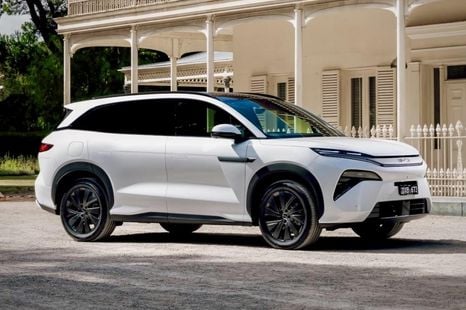

Ben Zachariah
3 Hours Ago
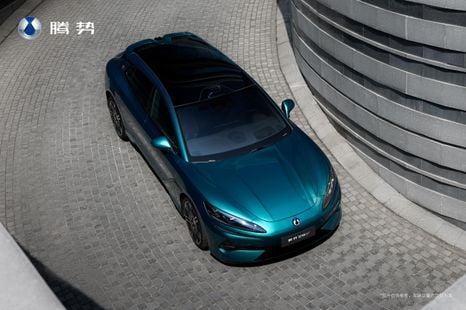

William Stopford
9 Hours Ago
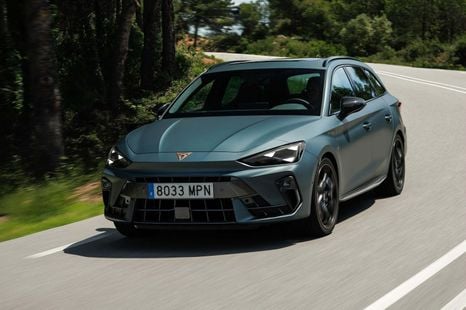

William Stopford
10 Hours Ago
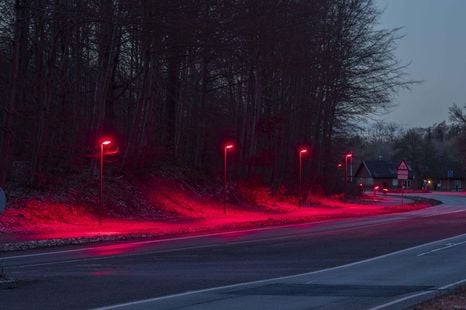

Damion Smy
12 Hours Ago
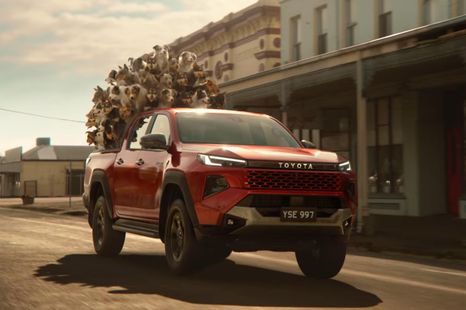

Damion Smy
14 Hours Ago
Add CarExpert as a Preferred Source on Google so your search results prioritise writing by actual experts, not AI.